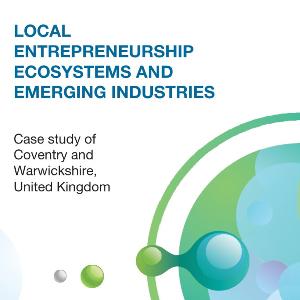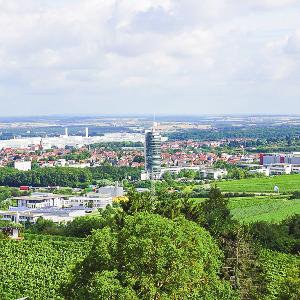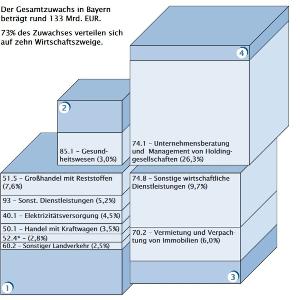Towards place-based economic development

© OECD
Transferring successful regional policy to other regions often does not yield the desired results. How can policy concepts in terms of place-based policies be translated into local institutional contexts? This study conducted with the OECD in the UK region of Coventry and Warwickshire analyzes the institutional context and shows that social patterns of short-termism, limited social capital and a merely nascent relational infrastructure inhibit industrial diversification. The case highlights the challenge of developing place-based strategies in the face of dynamic regional governance and a new national industrial strategy. The study recommends a relationship-centered rather than actor-centered understanding of policy that supports cross-network connections and promotes mutual knowledge exchange, innovation, and entrepreneurship.
The creative economy in the Rhine-Neckar region

© Mannheimer Philharmoniker
We use the term creative economy to describe the creative, inventive and innovative aspects of economic activity. The creative economy is the subject of different perspectives. On the one hand, economic and employment growth point to the independence of the cultural and creative industries, while on the other, their creative services also serve as an engine for innovation and growth in other sectors of the economy. Our studies evaluate the regional economic potential of the creative economy as well as its local challenges, e.g. the death of clubs in the Rhine-Neckar region.
Competence development in Heilbronn-Franken

© Glückler, Punstein, Wuttke & Kirchner (2016)
The economic growth of the Heilbronn-Franken region has been above average in the last 15 years compared to the rest of Germany. Since 2000, the region has recorded the second strongest growth in gross value added in southern Germany and is now the fourth largest of all spatial planning regions in southern Germany. Despite the outstanding earlier development, Pakt Zukunft Heilbronn-Franken gGmbH commissioned this research project to develop new scientific concepts and to identify fields of action for competence-based, future-oriented regional development. The results point to numerous challenges, including the rural location between the southern German metropolitan areas, demographic change and the structural shift from industry to qualified services and new technologies. The study shows numerous paths for the promotion of strategic sectors, human capital-intensive occupations and the networking of the local production system.
The Bavarian service industry

© Glückler, Zademach, Hammer & Handke (2008)
This study was commissioned by the Bayerischer Industrie- und Handelskammertag with funding from the Bayerische Staatsministerium für Wirtschaft, Infrastruktur, Verkehr und Technologie and under the leadership of the IHK München und Oberbayern. The aim was to assess the situation of the service economy as well as future trends and challenges for services in Bavaria. In view of the different geographical requirements and dynamics of the heterogeneous service sectors, we developed a new system for defining and typifying industries (Glückler, Hammer 2011) in order to identify regional potential and funding approaches for the regions of Bavaria.
